Guide To Managing Asthma | CMI Health

What is Asthma?
Asthma is a common, chronic breathing disorder that has a range of effects for those diagnosed with it Because asthma changes overtime, it is necessary to continue monitoring lung health overtime (Mayo Clinic, 2021).
What are the Symptoms of Asthma?
Symptoms of asthma range from mild coughing or wheezing to severe breathing complications, that can occur on a daily basis. The disease itself, is characterized by the inflammation of an individual's airway. This inflammation results in an increased production of mucus which can lead to coughing, wheezing, shortness of breath, and in extreme situations, suffocation.
Is Asthma Curable?
The unfortunate reality of Asthma is that it is incurable. However, it is indeed manageable, even for those who struggle with their Asthma on a daily basis Technology such as Spirometers and Pulse Oximeters have made managing Asthma easier and more practical for both patients and physicians,
There are however, different types of Asthma – many of these being situationally dependent. A few of these subcategories include exercise-induced Asthma, occupational Asthma, or even allergy-induced Asthma.
Regardless of the type of Asthma, actively monitoring your condition can help you mitigate the risk of developing more severe symptoms.
Continue reading for more information on how to manage your asthma throughout your day to day life.

Mayo Clinic, 2021
The above image illustrates the difference between healthy airways and inflamed airways. According to the American Lung Association (April, 2021), here as some guidelines for managing chronic Asthma:
-
Create an Asthma Management Plan
- Developing a management plan with your physician can help you to create a personalized management system that works best for your health.
-
Assess and Monitor Your Control
- Keeping track of symptoms and daily lung function will help you to stay on-top of your asthma and stay in control. This includes tracking daily health with monitoring tools such as spirometers and pulse oximeters.
-
Understand Your Medication
- Understanding and monitoring your daily or weekly medications is an important factor of managing symptoms and drug efficacy.
-
Reduce Asthma Triggers
- Identifying and avoiding asthma triggers when possible is important for avoiding worse symptoms. Limiting exposure will improve overall lung function and will help to prevent asthmatic episodes.
-
Learn to Manage Your Asthma from Home
- Managing your Asthma from the comfort of home is easy with the assistance of home-use medical equipment. Such medical equipment includes Spirometers, for tracking lung function, and Pulse Oximeters, for tracking blood oxygen levels. SpiroLink, a digital at home spirometer, is ideal for use in this type of situation. SpiroLink is a Bluetooth and Mobile App compatible, FDA Cleared, smart digital spirometer designed to measure PEF, FEV1, and PEF. For more information on this device and a detailed breakdown of the measurements, click here. Pulse Oximeters are designed to monitor and measure an individual's SpO2, Pulse Rate, and Perfusion Index. CMI Health offers a variety of different pulse oximeters, providing options for all age ranges. For more information on our pulse oximeters, click here.
One major key to managing Asthma is knowing when to contact your doctor in an emergency situation. According to Mayo Clinic:
Severe asthma attacks can be life-threatening. Work with your doctor to determine what to do when your signs and symptoms worsen — and when you need emergency treatment. Signs of an asthma emergency include:
- Rapid worsening of shortness of breath or wheezing
- No improvement even after using a quick relief inhaler
- Shortness of breath when you are doing minimal physical activity.
- Severely lowered SpO2 levels (generally a blood oxygen concentration below 90%)
At CMI Health, we also offer telehealth solutions for children’s Asthma management. CMI’s Telehealth Solution for Children’s Asthma Management (Tele-CAS) is great for monitoring, tracking, and managing Asthma. Powered by CMI Health's home use spirometer, continuous oximetry monitor, and cloud-based mobile App, Tele-CAS helps to connect patients with their doctors remotely and achieve better outcomes. If you are interested in finding our more on our telehealth solution, click here.




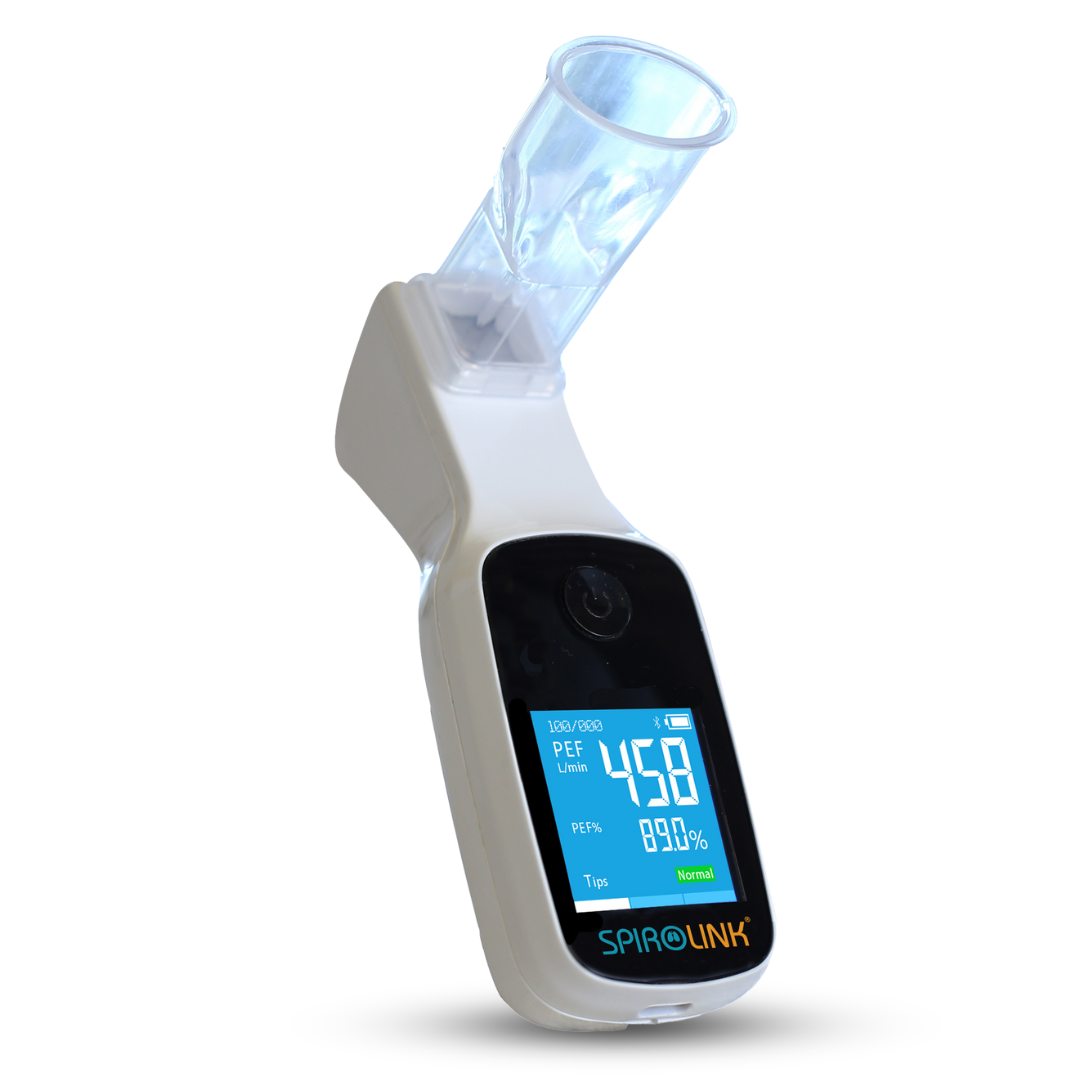
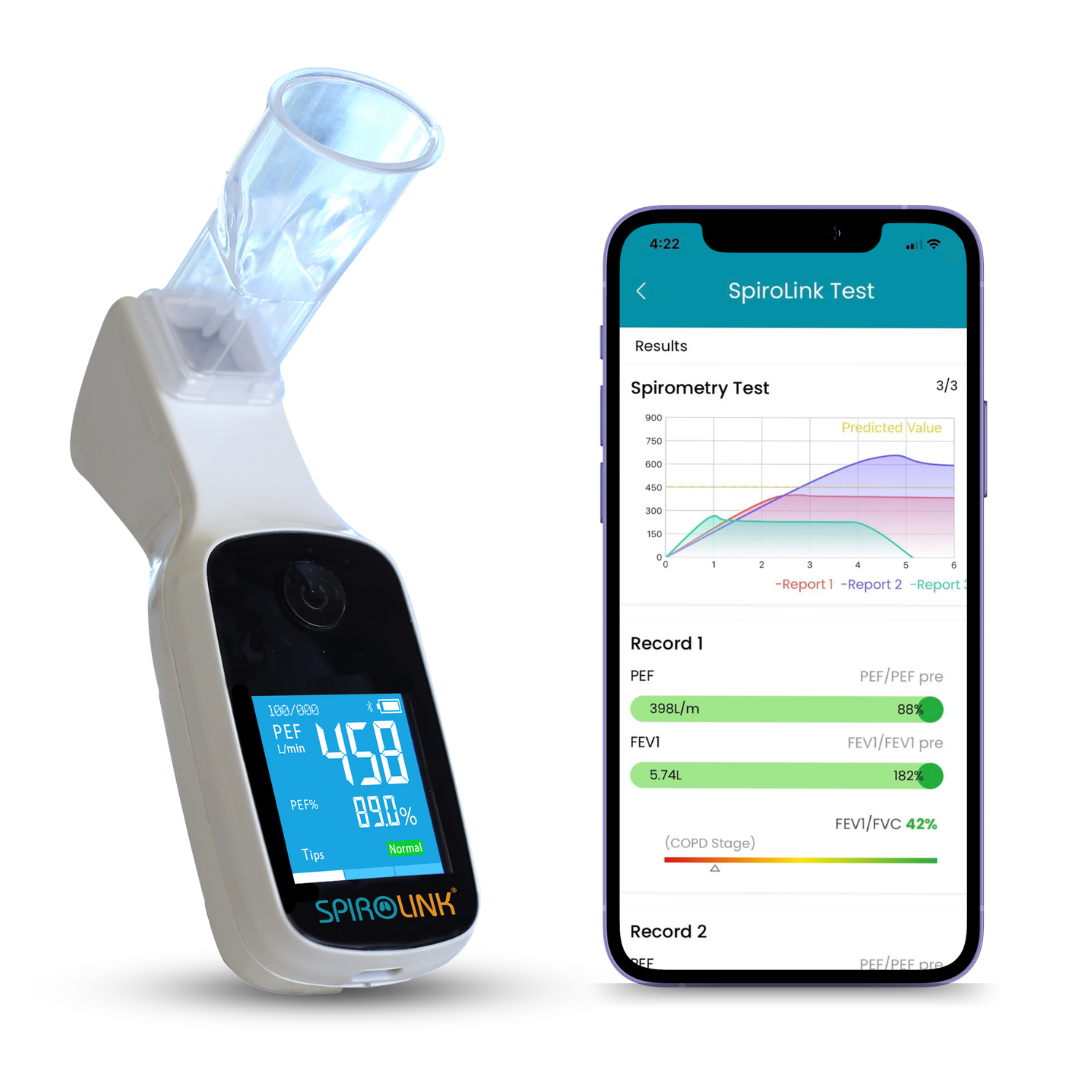
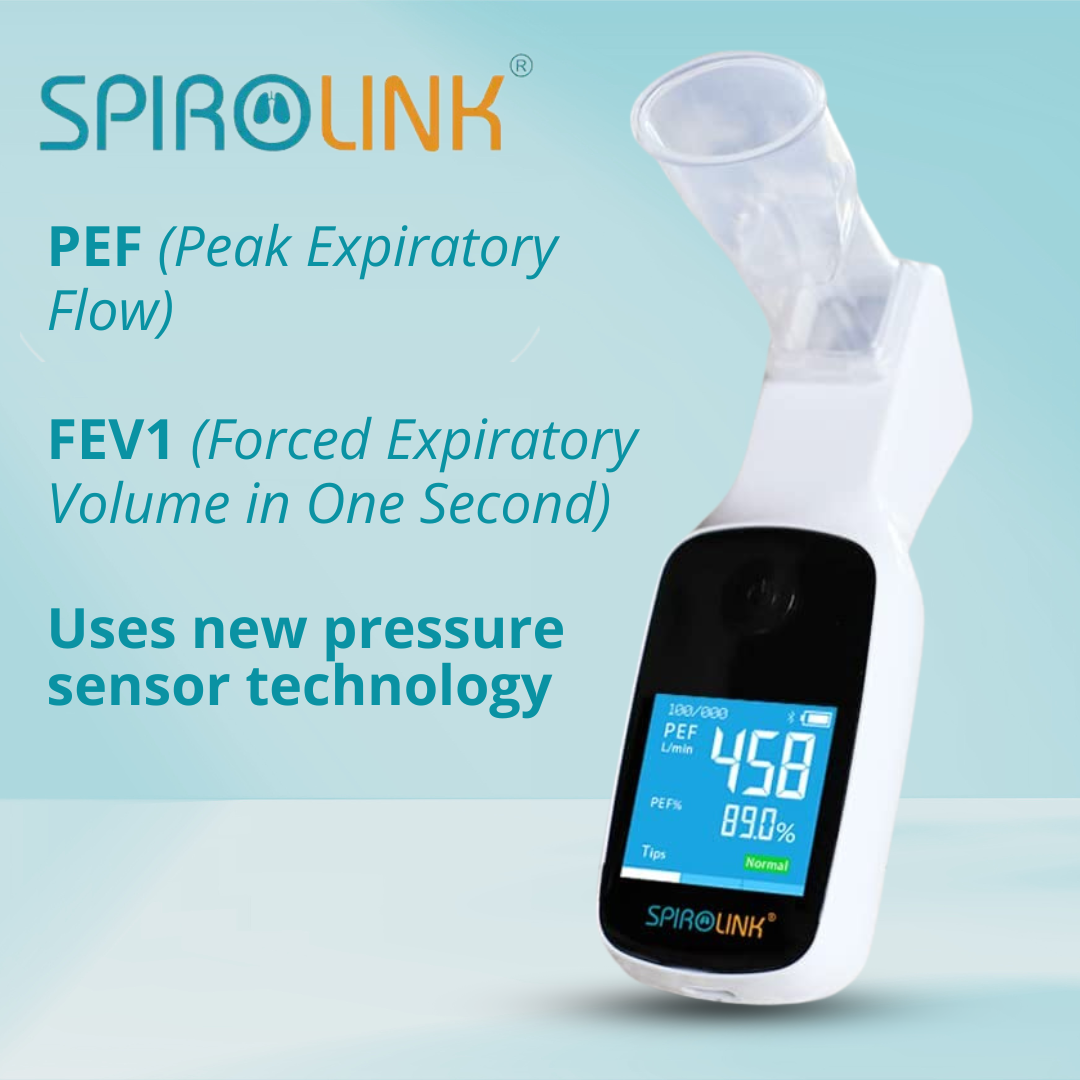

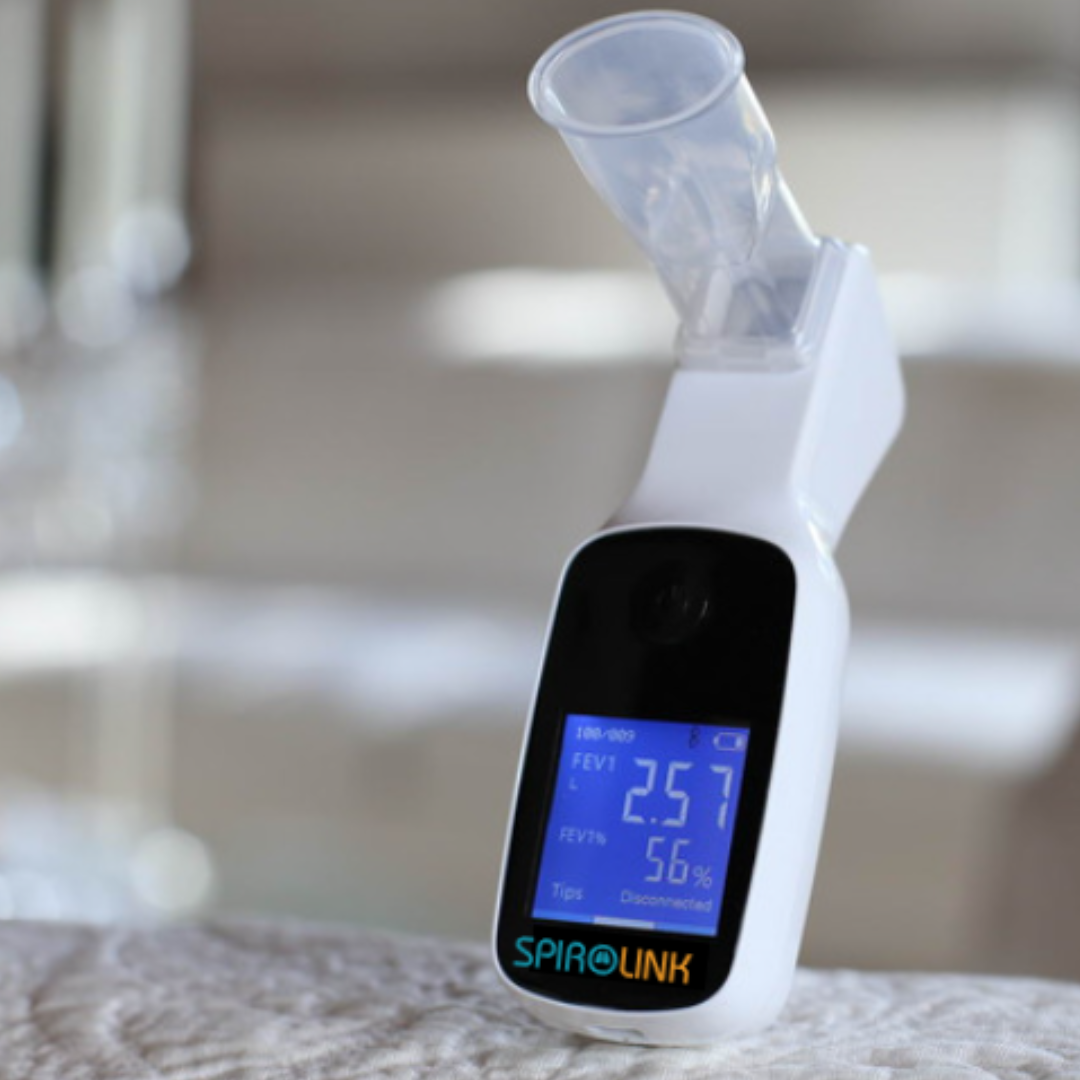
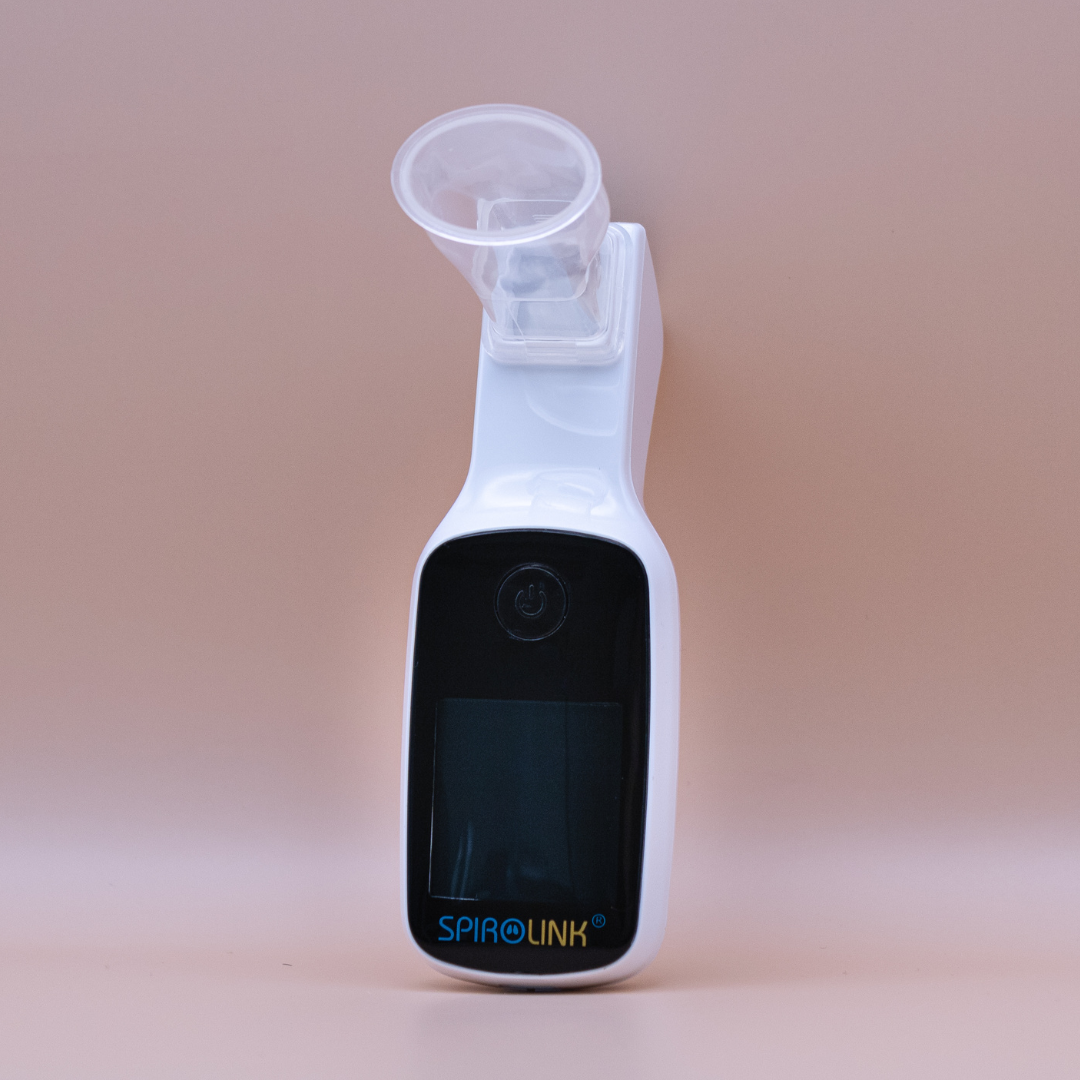

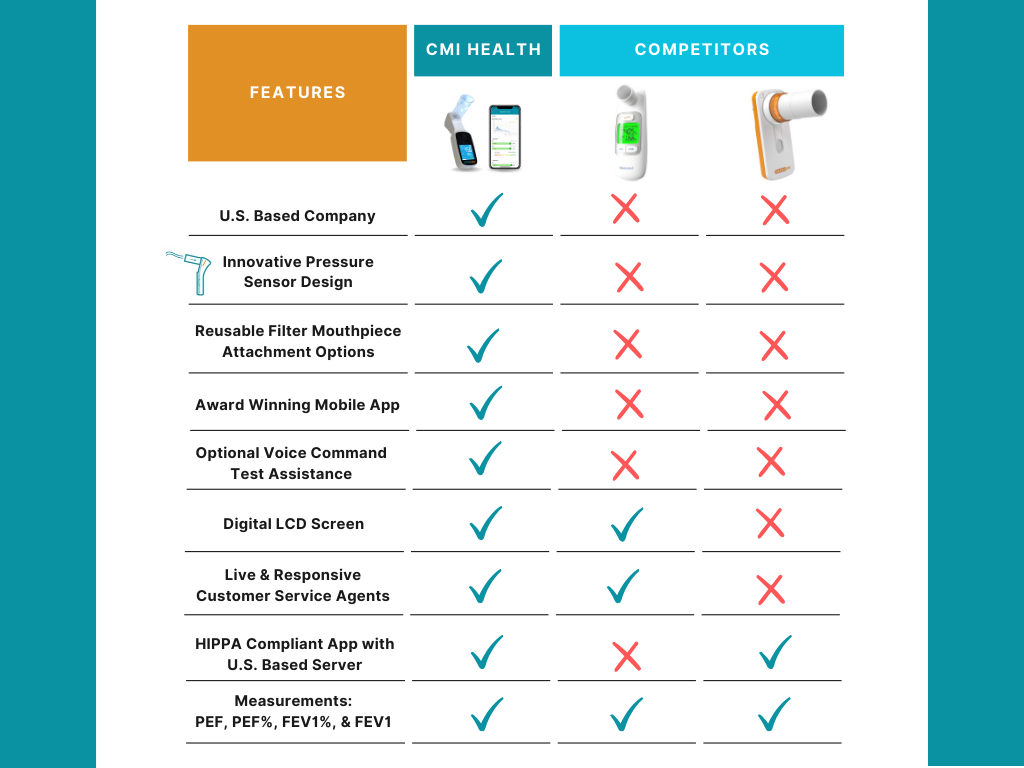
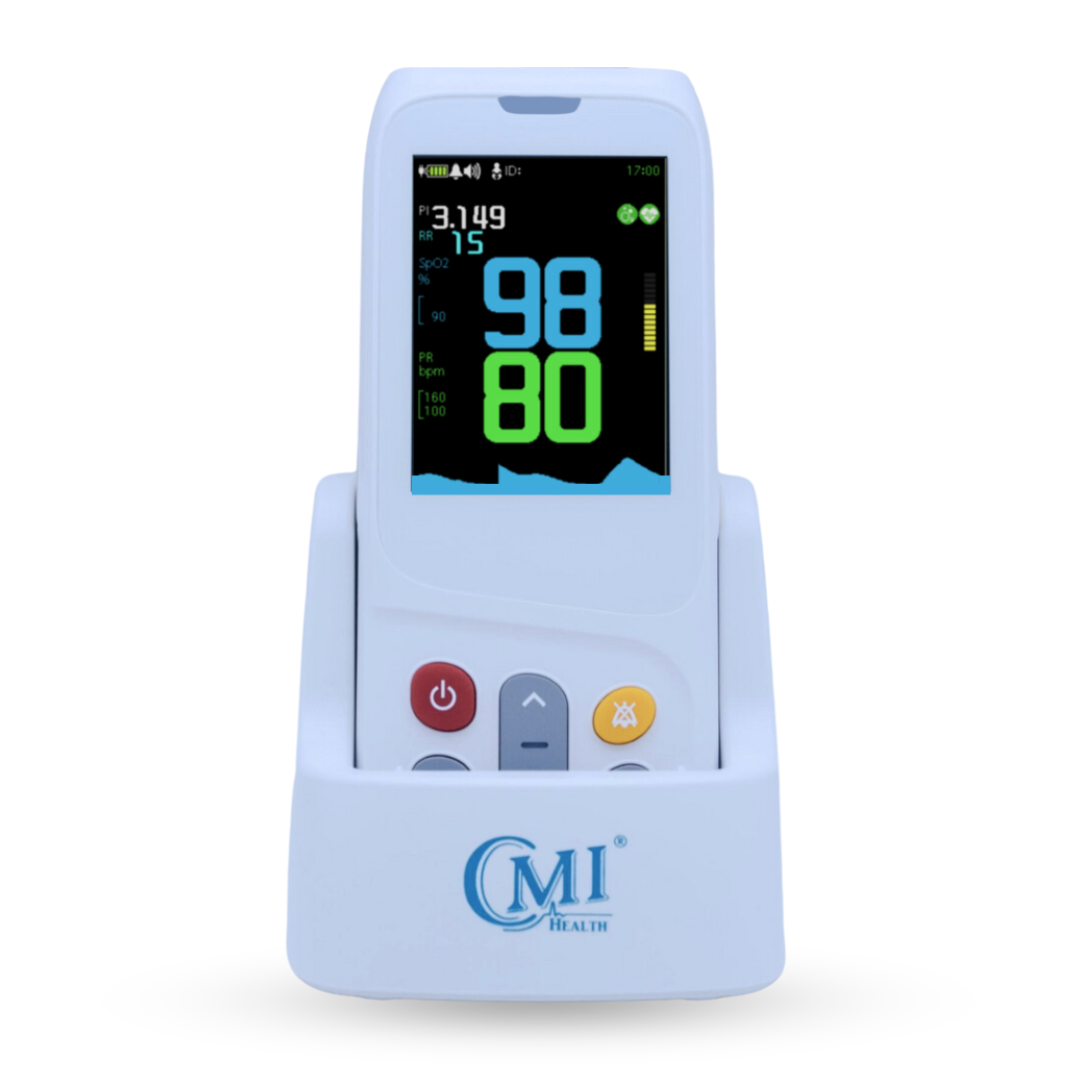
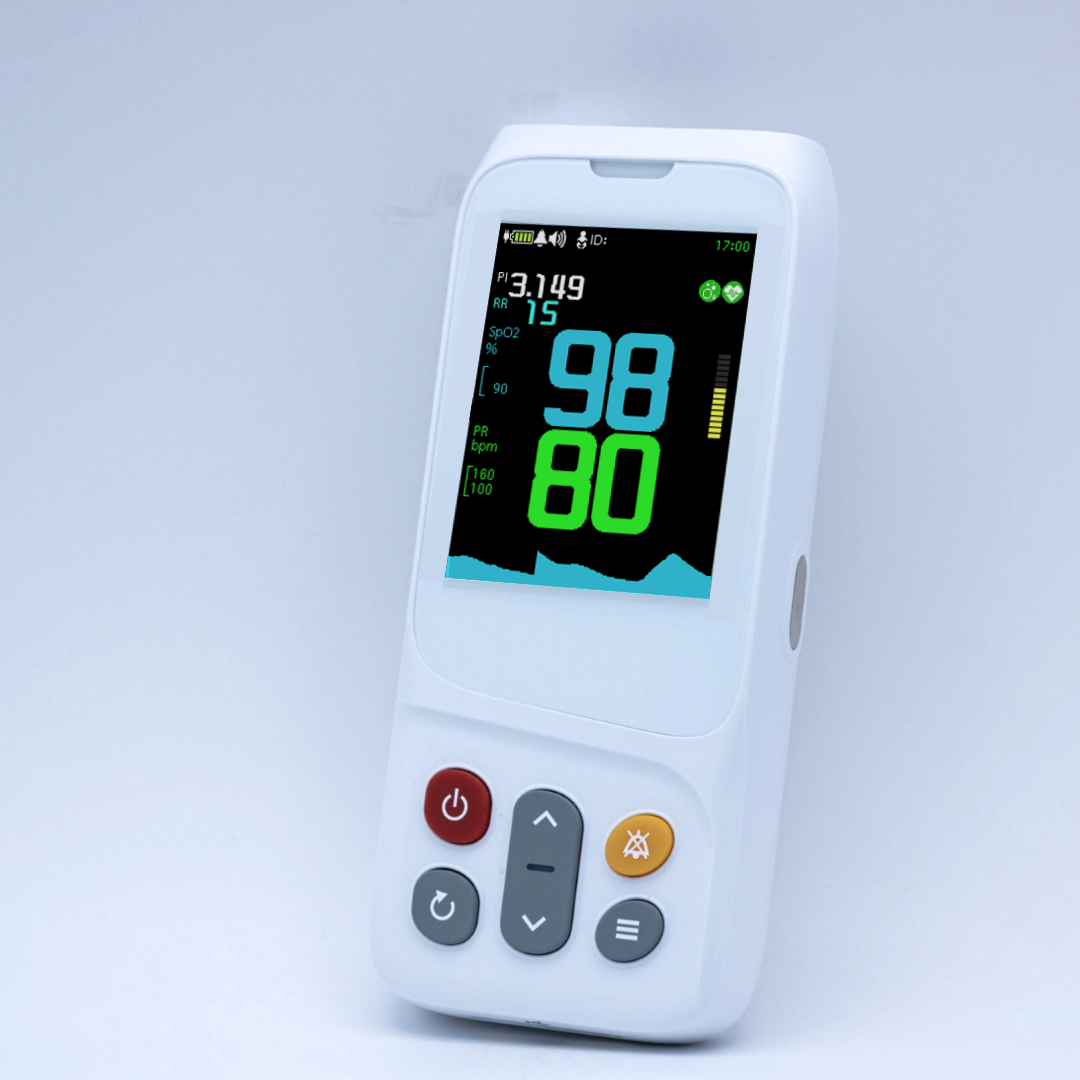
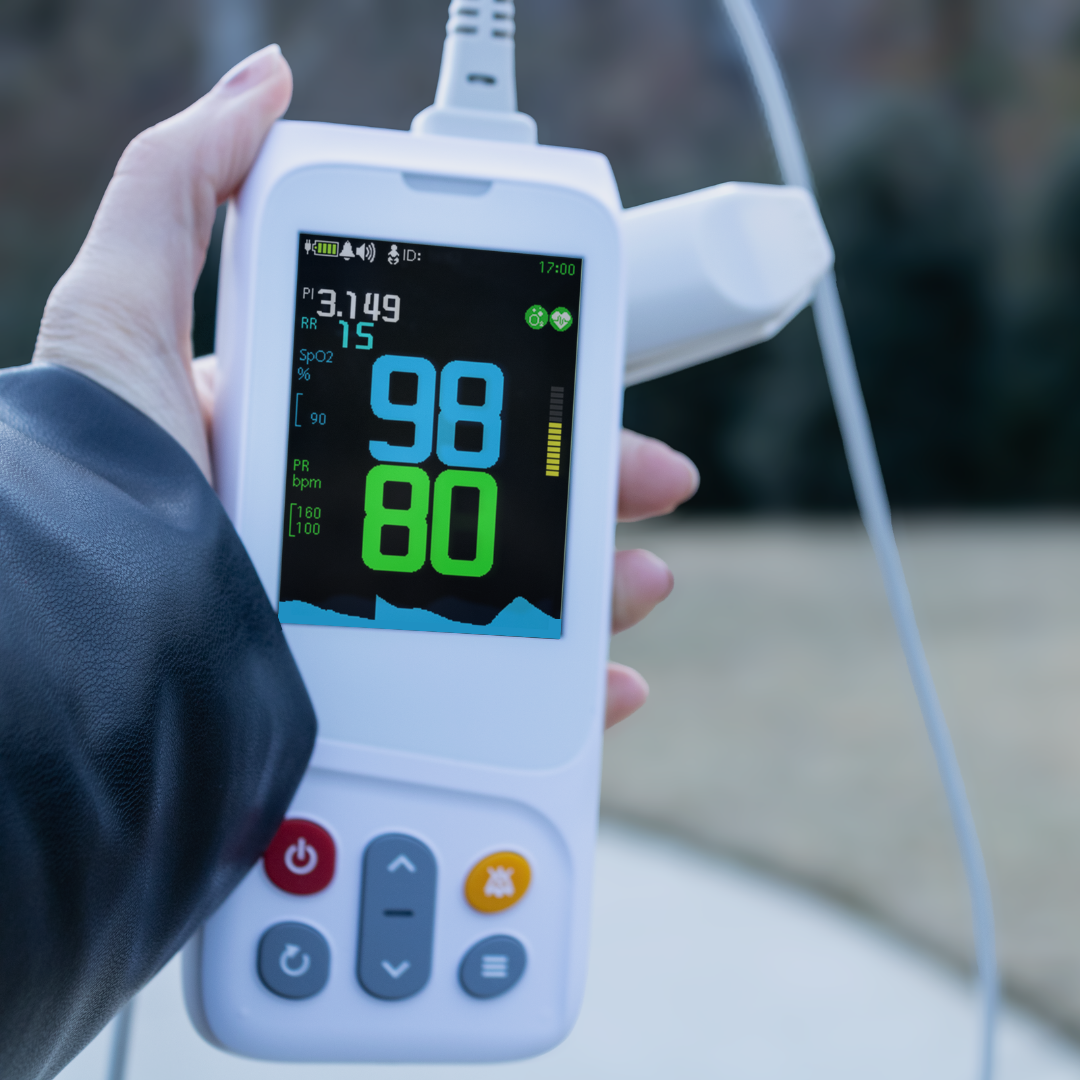
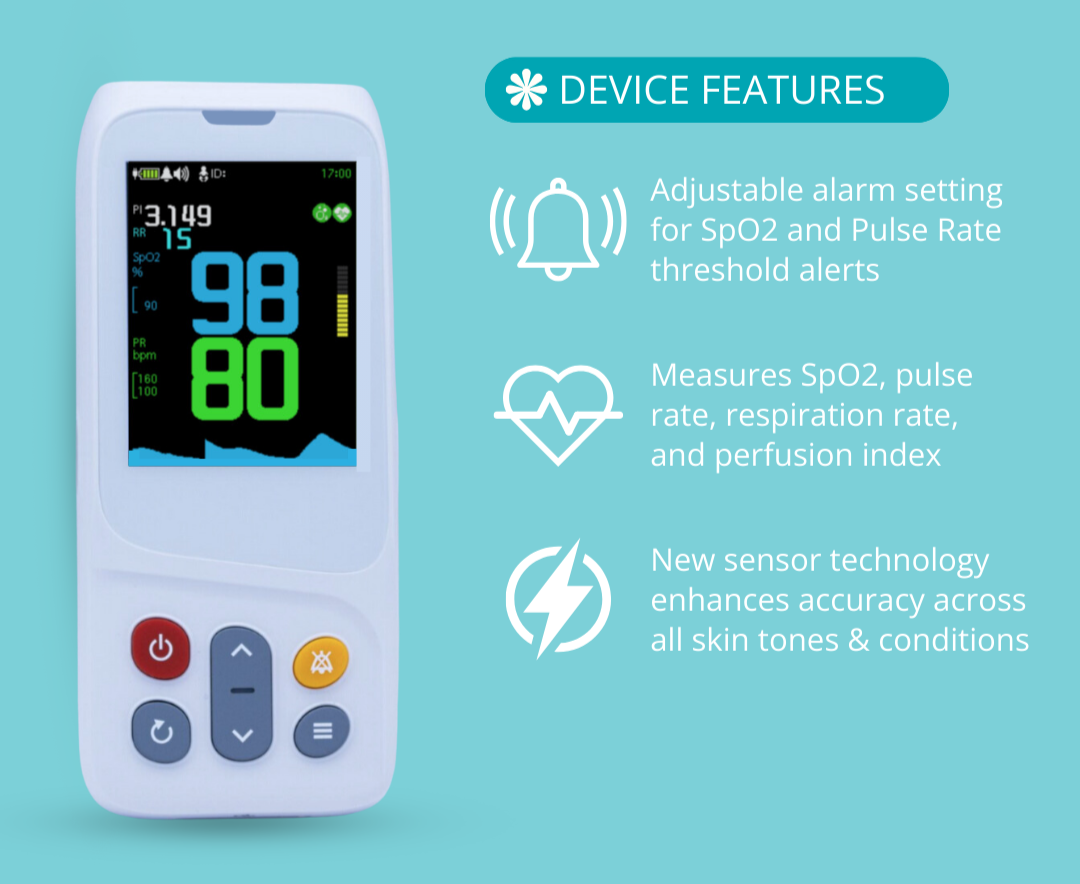
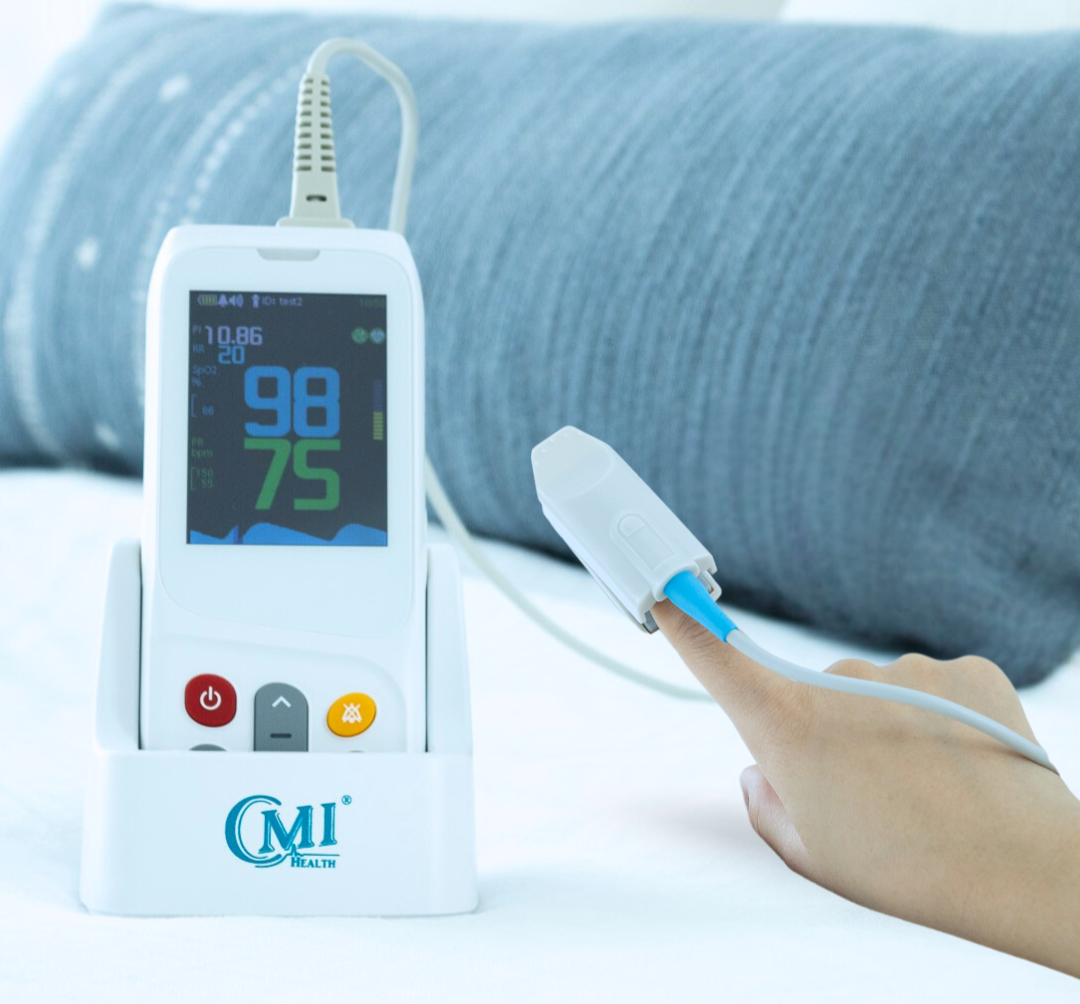
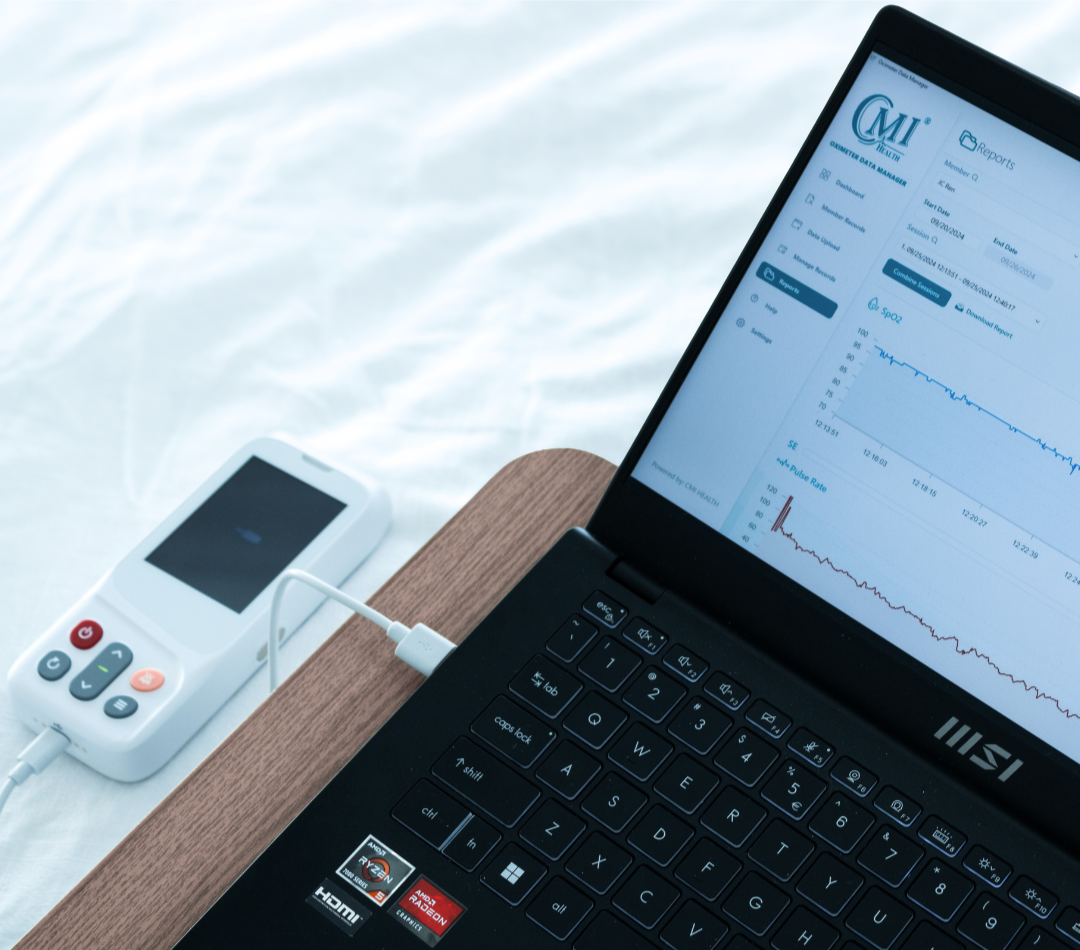
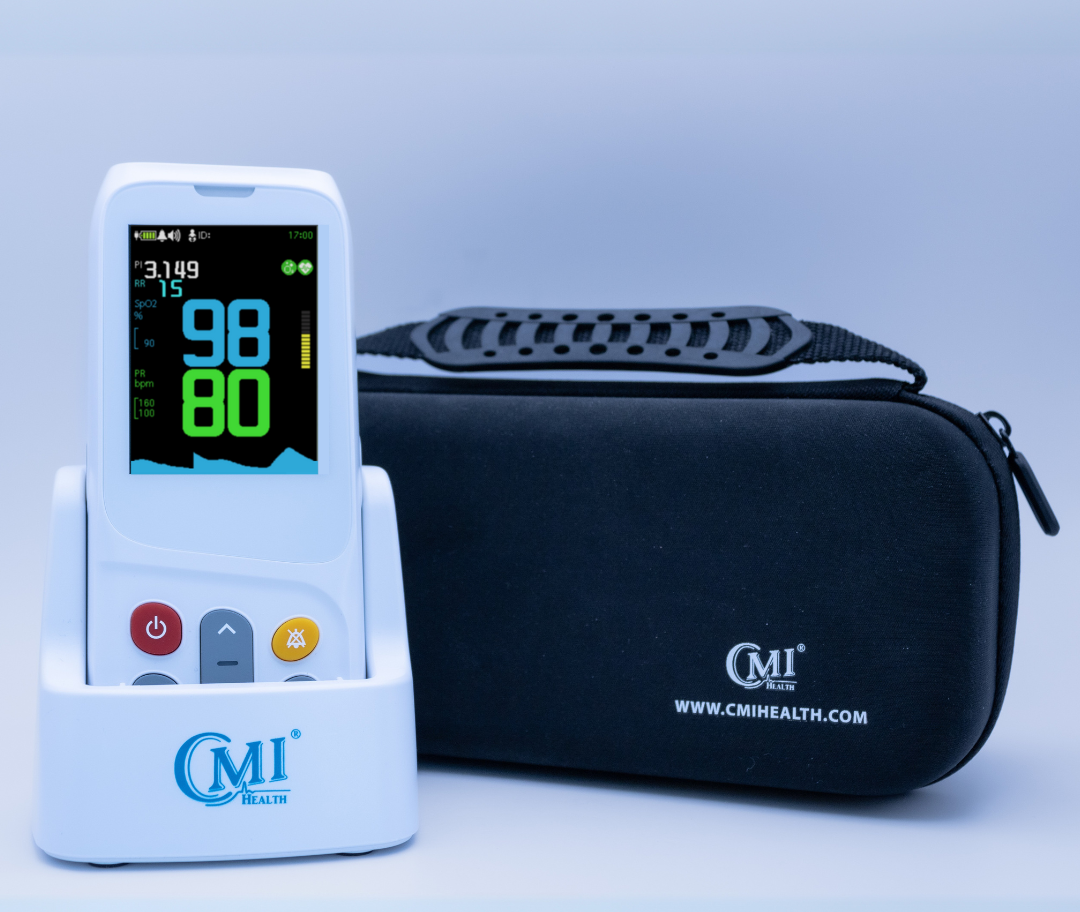
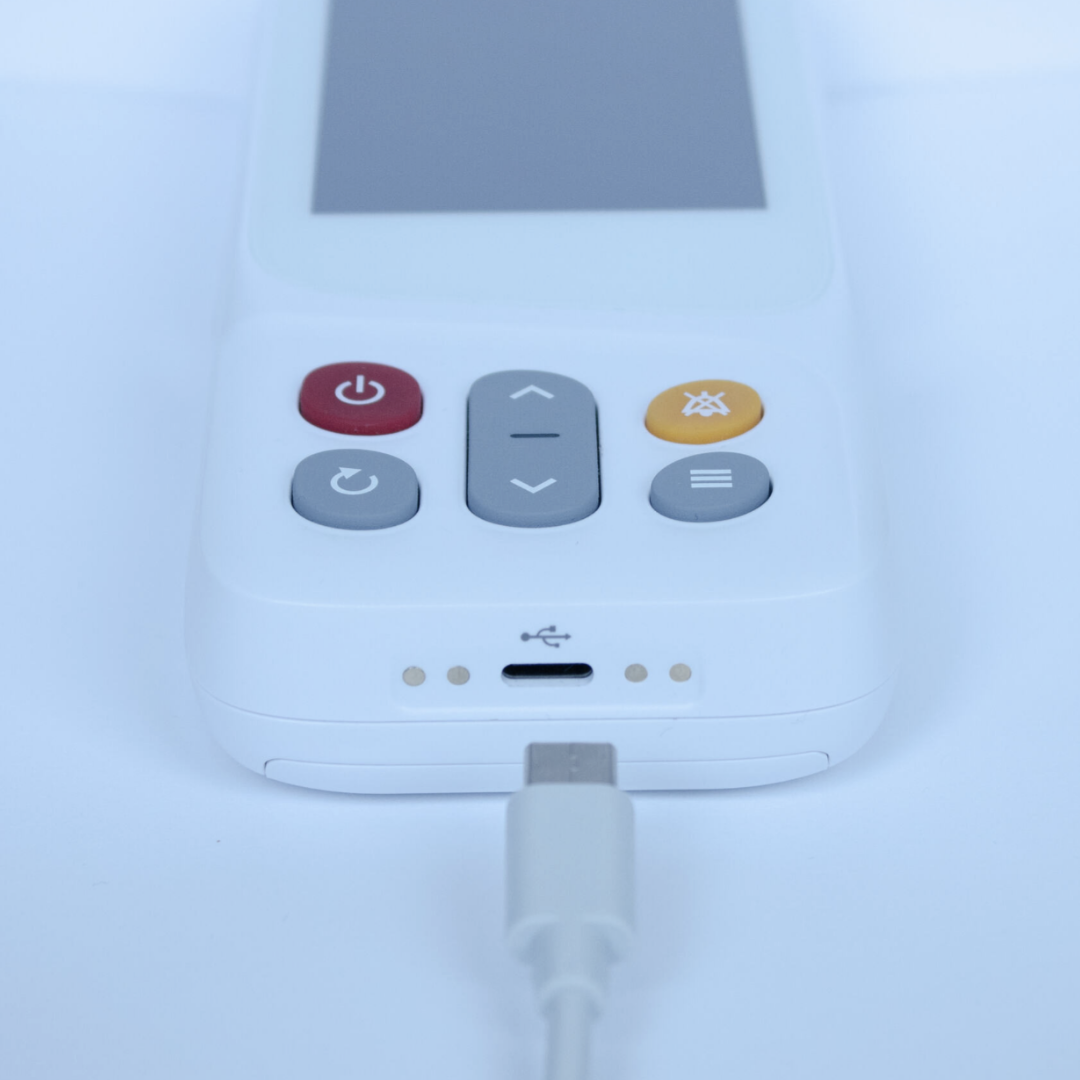
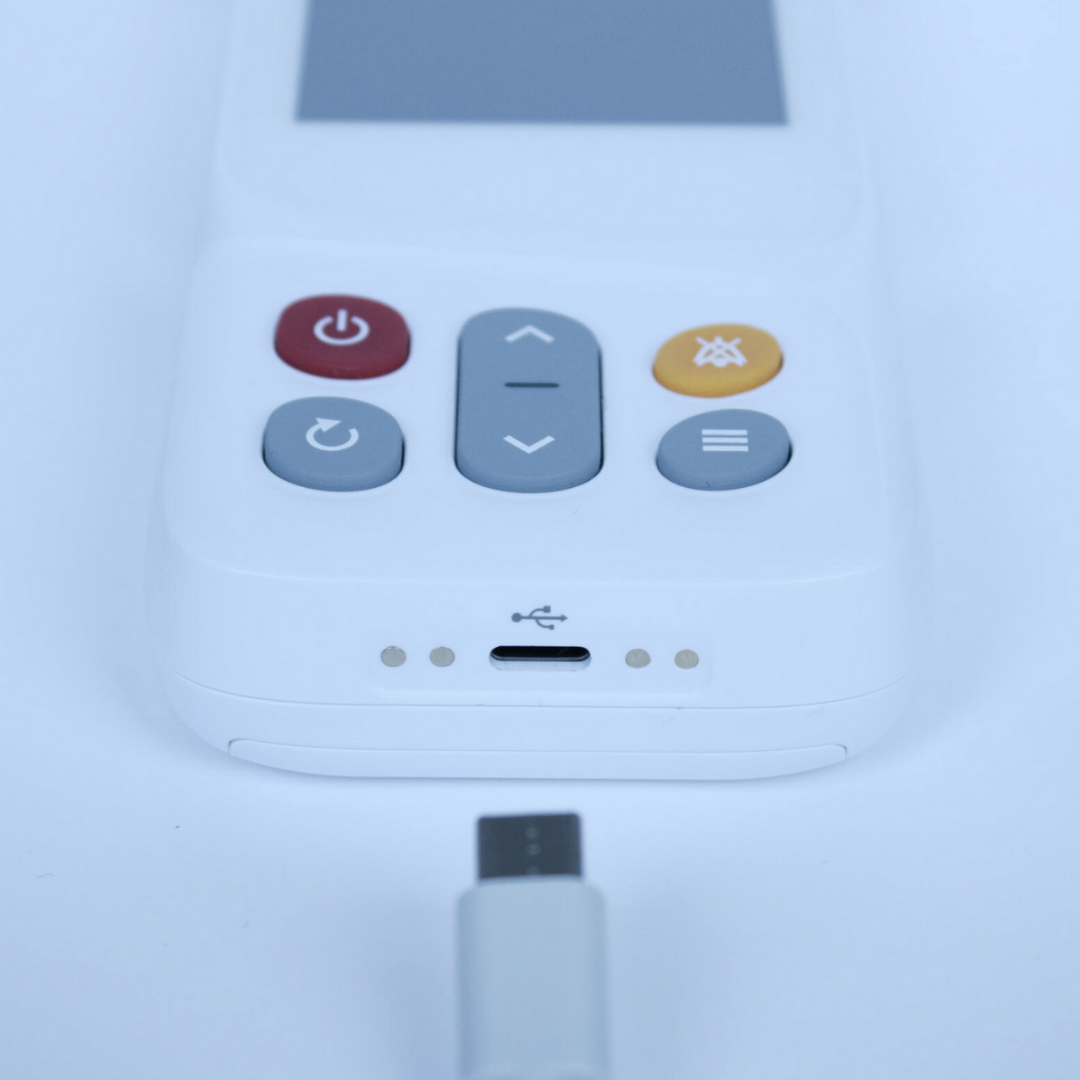
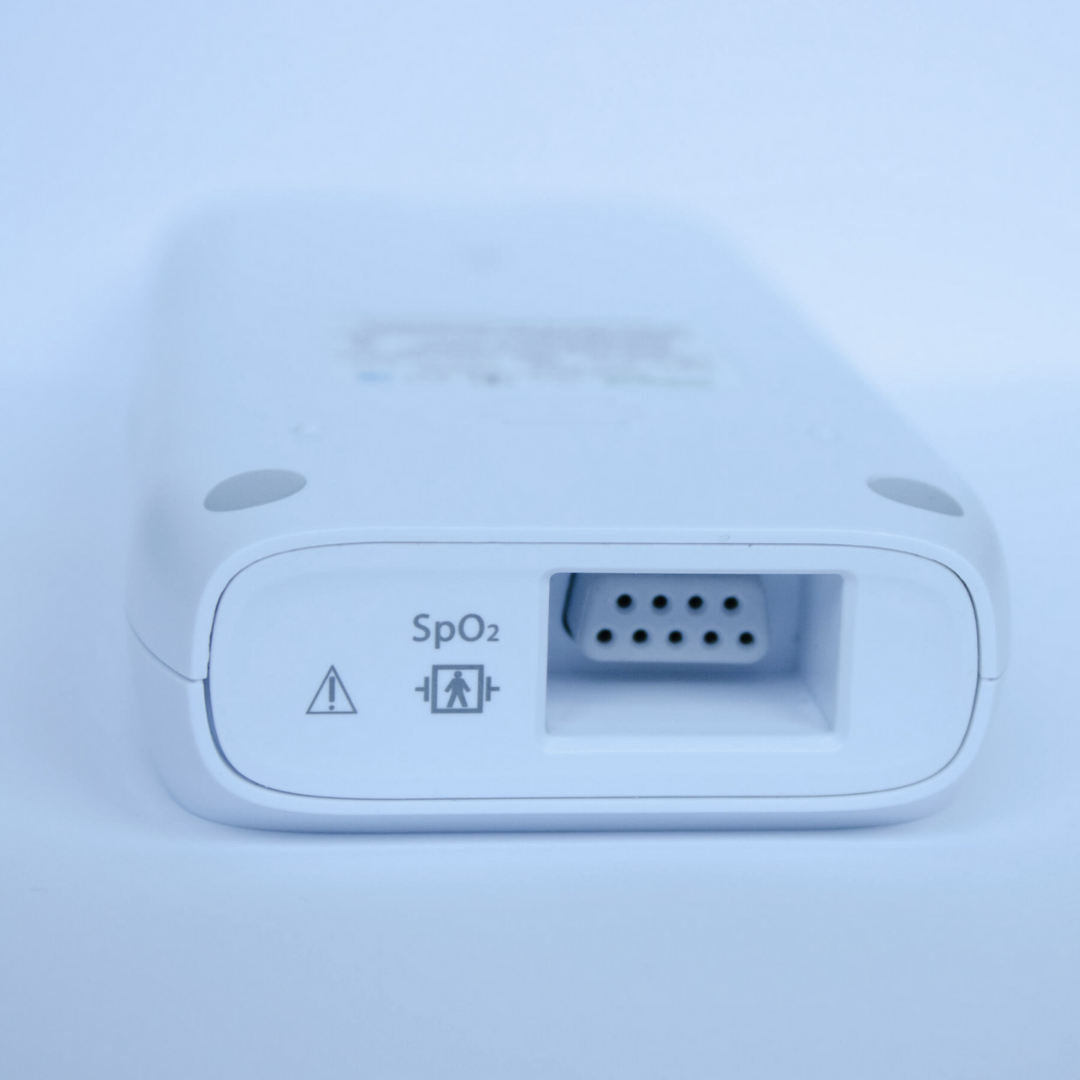
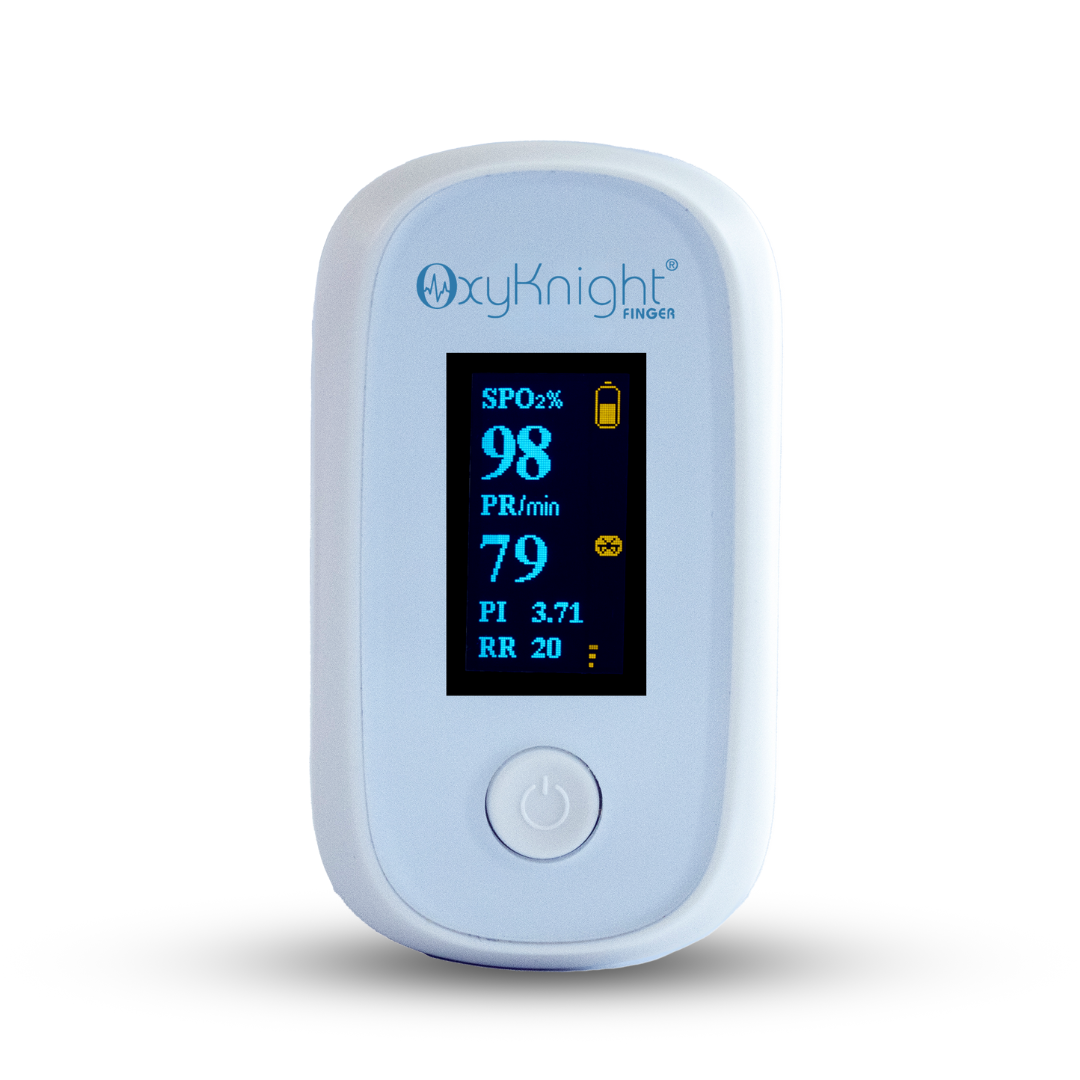












Leave a comment